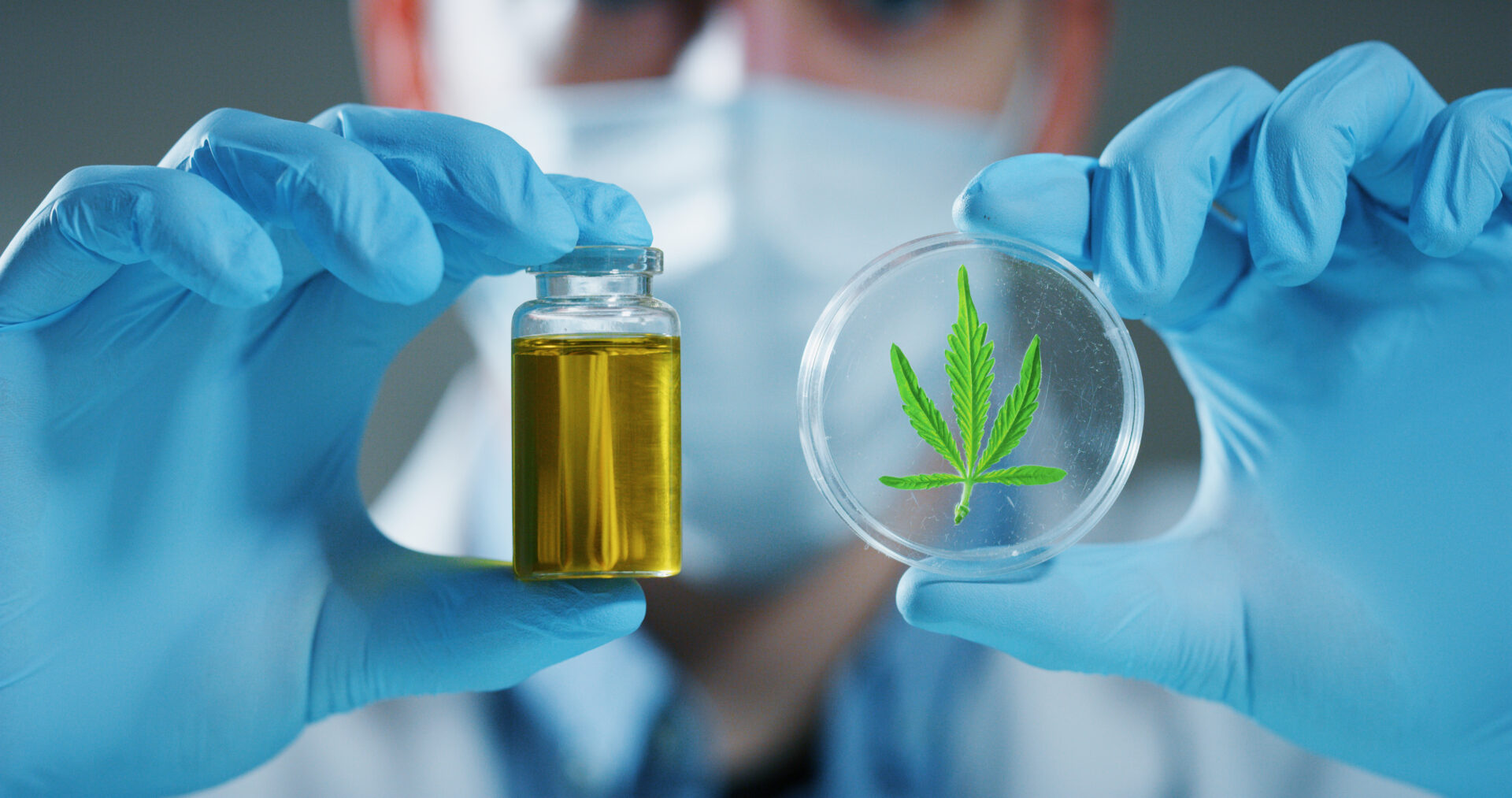In recent years, CBD has gained significant attention as a natural remedy for various health issues. Derived from the cannabis plant, CBD, short for cannabidiol, is a non-psychoactive compound that offers a range of potential benefits. Let’s delve deeper into this fascinating compound and explore its uses and advantages.
Understanding CBD:
CBD is one of over 100 cannabinoids found in the cannabis plant. Unlike its well-known counterpart THC (tetrahydrocannabinol), CBD does not produce a “high” sensation. This makes it a favorable option for those seeking therapeutic effects without the mind-altering effects associated with cannabis.
Potential Health Benefits:
Research suggests that CBD may offer a multitude of health benefits. It has been studied for its potential in relieving pain and inflammation, reducing anxiety and stress, improving sleep quality, and even supporting overall mental well-being. However, it’s important to note that more extensive research is still needed to fully understand the range and extent of CBD’s therapeutic effects.
Support for Epilepsy Treatment:
One area where CBD has shown particular promise is in the treatment of epilepsy. In fact, the FDA has approved a CBD-based medication called Epidiolex for the treatment of specific forms of epilepsy, such as Dravet syndrome and Lennox-Gastaut syndrome. This significant development highlights the potential of CBD in managing certain neurological disorders.
Natural Anti-Anxiety Aid:
CBD has also gained attention for its potential anti-anxiety properties. Some studies suggest that CBD may help reduce anxiety-related symptoms, such as excessive worry, social anxiety, and post-traumatic stress disorder (PTSD). By interacting with receptors in the brain involved in stress response, CBD may promote a sense of calm and relaxation.
Pain Management:
Another notable application of CBD is in pain management. Many individuals turn to CBD as a natural alternative to traditional pain medications. Research suggests that CBD may help alleviate chronic pain by interacting with the endocannabinoid system, which plays a role in regulating pain perception. While more studies are needed, CBD’s potential as a pain-relieving agent is encouraging.
Skin Care and Beauty:
CBD has also found its way into the world of skincare and beauty. With its potential anti-inflammatory and antioxidant properties, CBD-infused products are believed to help reduce inflammation, soothe skin irritations, and promote a healthy complexion. From serums and creams to bath products and balms, CBD is becoming a sought-after ingredient in the beauty industry.
Legal Considerations:
It’s important to note that the legal status of CBD varies from country to country. In some regions, CBD derived from hemp is legal, while CBD derived from marijuana may be subject to more stringent regulations. It’s crucial to familiarize oneself with the laws and regulations of the specific jurisdiction before using or purchasing CBD products.
Conclusion:
CBD has emerged as a captivating compound with potential benefits across various aspects of health and wellness. From its possible therapeutic effects on pain and anxiety to its application in skincare and beauty, CBD is capturing the attention of many individuals seeking natural alternatives. While more research is needed to fully understand its mechanisms and benefits, the future looks promising for CBD as a valuable addition to holistic health practices.
Remember to consult with a healthcare professional before incorporating CBD into your routine, especially if you have any underlying medical conditions or are taking medications. With proper guidance, CBD may offer a natural and holistic approach to enhancing overall well-being.

